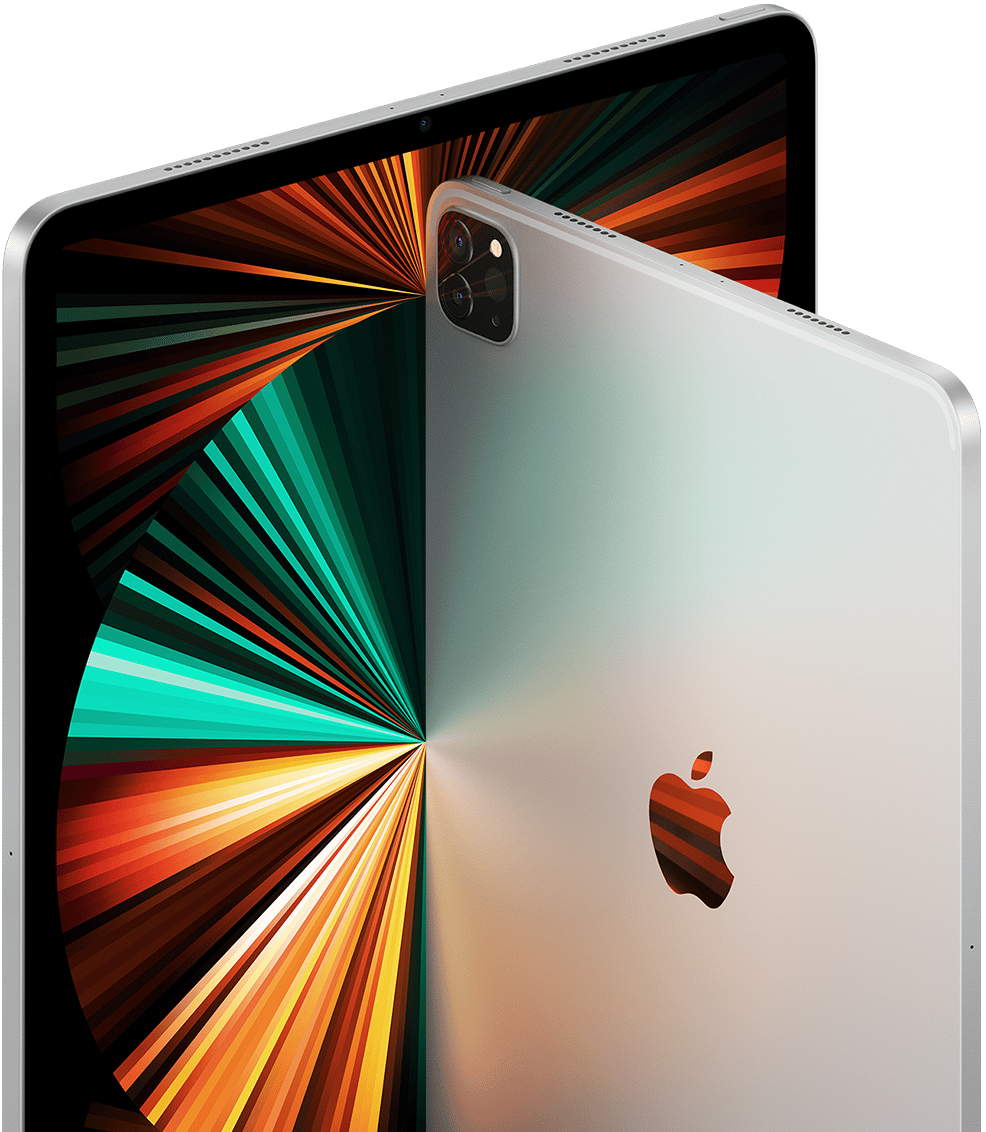For grass to stay healthy and green around office buildings, retail spaces, and housing complexes, property managers must invest in water and irrigation systems — but the wrong investment can have serious consequences. In fact, as much as 50% of commercial and residential irrigation water is wasted through evaporation, water runoff, wind, or over-watering, which can be caused by incorrect irrigation system design, maintenance, and installation.
Water costs are rising each year, so property managers need to stay on top of water usage to prevent high costs and waste. Many property managers choose commercial smart irrigation systems, which allow for water conservation and better overall control. Here, we explain what commercial smart irrigation systems are, how they work, and how to choose the best one for your property.
What is a commercial smart irrigation system?
A
commercial smart irrigation system is an automated system that monitors environmental conditions, such as precipitation, to ensure grass and landscaping receive the right amount of water each day. Commercial irrigation systems give property managers the ability to keep their property green, while saving money and conserving water.
Smart water systems can often be managed remotely through apps or other internet-connected systems, allowing property managers flexibility and anywhere, anytime control.
How do smart water systems help property managers?
Property managers need to get the most out of their irrigation system. With all the projects and tasks that they manage, they are also expected to keep your lawn green. In some cases, they are also expected to save water too! With the help of a commercial smart irrigation system, you can expect to keep your lawn pristine, save water, and manage all of your property’s irrigation from your phone.
HOW MUCH WATER CAN I EXPECT TO SAVE WITH A SMART IRRIGATION SYSTEM?
Water is expensive. Do you know how much your property is wasting on a daily basis? You may think you’re using water wisely, but smart irrigation systems can help you save millions of gallons each year. For example, weather-predictive watering factors in rain forecasts and actual rainfall levels to ensure you aren’t overwatering your property. It also immediately shuts off water in the event of a water line break. These and other innovative features ensure you waste as little water and money as possible.
HOW MUCH TIME CAN I SAVE WITH A SMART IRRIGATION SYSTEM?
Monitoring irrigation systems on your property takes up a lot of time, from driving out to the location to manually walking around and checking every irrigation clock. A smart irrigation system can save you hours each week, as you can manage everything on your smartphone or other Wi-Fi-enabled device and make all adjustments from wherever you happen to be.
HOW CAN A SMART WATER SYSTEM SAVE ME MONEY?
The more water you use, the more money you spend — not to mention the potential costs of damage caused by water main breaks or broken sprinkler systems. Smart irrigation systems can monitor every sensor and water line, alerting you to issues straight away and ensuring that you avoid damage and high costs. This could save you thousands of dollars each year.
What to look for in a commercial smart irrigation system
Now that you know more about the benefits of commercial smart water systems, you should know what to look for in a commercial system. Many organizations exist exclusively to rate and certify water systems, helping property managers make the best decisions for their irrigation.
LEED CERTIFICATION:
LEED, or Leadership in Energy and Environmental Design, is a global organization that measures the environmental impact of buildings or communities. When a property is LEED-certified, you know that it was built with conservation and energy efficiency in mind. Buildings can be awarded various levels of certification: Certified, Silver, Gold, and Platinum, with Platinum being the highest achievement. Many occupants are looking for ways to limit their environmental impact and this certification can help push them to choose your property.
EPA WATERSENSE LABEL:
Created by the
Environmental Protection Agency (EPA), a WaterSense label is placed on products that conserve water. The organization also exists as a resource for property managers, or anyone else looking for commercial smart irrigation systems. WaterSense partners with builders, irrigation providers, and utility systems to encourage sustainable water practices in businesses and communities.
REAL-TIME ACCESS FROM ANYWHERE:
Today, it seems that everyone uses smart devices to control their lives, from scheduling meetings to monitoring home security systems. Your commercial smart irrigation system is no exception. When looking for a smart watering system, find one that offers anywhere, anytime capabilities. This can come in handy if a water line breaks — you’re notified immediately, and can shut off the water before any further damage occurs.
ABILITY TO CONTROL MULTIPLE PROPERTIES:
Many
property managers are looking for solutions not just for a single space, but for a whole host of buildings. Any commercial smart irrigation system can be made to span across all of your properties, no matter how many you own. Cloud-connected systems usually have this ability, which can keep things running smoothly no matter where you are, or where your irrigation clocks are located.

Features of smart irrigation systems
All smart irrigation systems differ in some way, but there are a few key things that are essential for saving water, time, and money. These include a
smart controller, rain sensors, flow sensors, and moisture sensors. As a property manager, you can use all four together to get the most out of your irrigation system.
WHAT IS A SMART IRRIGATION CONTROLLER AND WHAT DOES IT DO?
Smart controller are the brains behind smart irrigation systems. They connect with rain sensors, flow sensors, and moisture sensors to extract useful information and take action. For example, a smart connector uses rainfall level data from rain sensors to shut off water flow to specific areas. Advanced smart controller can even monitor local weather forecasts to determine how much water to send to any given area on your property. But one of the top benefits of a smart controller is that all the power you need is at your fingertips. Some smart controller can be centrally managed with cloud-based app technology, allowing you to turn off water flows or reschedule water times with just a few taps.
RAIN SENSORS:
Land owners depend on rain to bring essential moisture to their crops and plants, as has been the case for thousands of years. But in dry times like summer, property managers need to do a little bit more to ensure their grass stays green and strong year-round.In times where rainfall is common, property managers run the risk of wasting water and money on unnecessary irrigation. When it rains, there really is no need to use watering systems at all. Rain sensors can pick up on how much rain has fallen, and factor that into your overall water usage. This means that if it rained for 30 minutes on a given day, your rain sensor will subtract that amount of rainfall from your watering plan. Month over month, year over year, this adds up to significant money and water savings.
FLOW SENSORS:
It’s extremely frustrating to learn that an element of your irrigation system is broken. From gushing water geysers to under-watering sprinklers, an unbalanced flow has the potential for serious waste — and yellow, parched grass. Flow sensors exist to prevent these issues. They work by reading and responding to flow sensor data, and when they sense a problem, will signal the controller to stop water flow to a problem area. You’ll also be alerted to pipe leaks and no-flow zones.Flow sensors offer property managers a lot of insight into irrigation systems. You’ll be able to monitor where water is going on your property and experiment with new irrigation strategies. For example, if you notice that one area of your property is using a particularly high amount of water, you can experiment with lowering the flow over time, keeping track of real-time updates with a smart controller.
MOISTURE SENSORS:
Grass and plants on properties can be finicky, and sometimes it’s not enough to simply water an area regularly. That’s where moisture sensors come in. These sensors can be added onto your smart controller system to detect moisture levels at the very root of your plants. This prevents irrigation systems from over-watering, which can lead to fungus, shallow root growth, and plant loss.Moisture sensors work by detecting the actual amount of moisture in the soil near the sensor’s probe. They don’t depend on things like temperature, which can cause inaccurate sensor results. Moisture sensors deliver consistently accurate moisture results by checking the soil regularly — hundreds of times each day, in fact. If the sensor detects a low moisture content in the soil, it will instruct the controller to water that area. And if it detects that soil has an adequate or high moisture level, it will stop the system from watering that area until it’s needed.
Finding a smart irrigation company
The equipment you use in your smart irrigation system is highly important — but it’s not the only thing you should take into consideration when searching for better water control. Another element to consider is the company itself, and the quality of their customer service. A trustworthy, reliable company is one that’s equipped to help you with any problems that should arise, especially emergencies. Your contact at the company should communicate effectively, being transparent about costs and products that would benefit your property most.
Using Smart Rain’s smart irrigation controller and pairing it with their line of flow, moisture, and rain sensors provides everything property managers need to save time, money, and water.
Contact us today to learn more about how Smart Rain can improve water management on your property.



